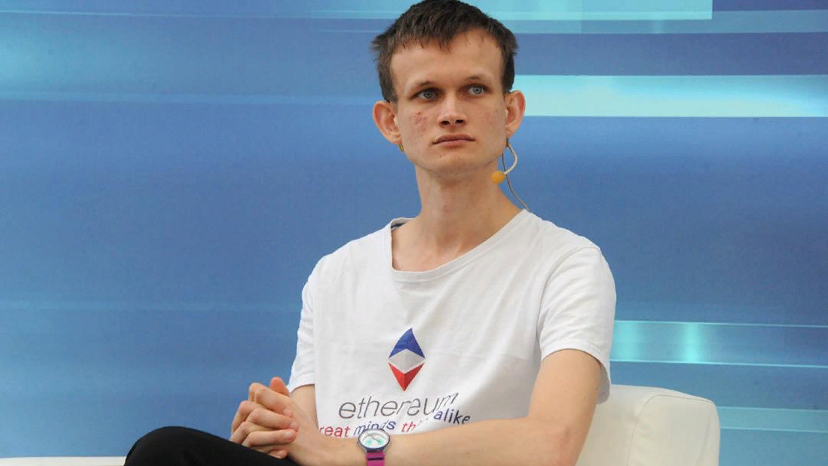
Blockchain Is Much More Than Just Cryptocurrency. Vitalik Buterin On Non-Financial Applications Of Blockchain
Vitalik Buterin proposes that blockchain should go far beyond cryptocurrency systems.
Vitalik Buterin published a paper titled “Where to use a blockchain in non-financial applications?” where he advocates blockchain technology not only for crypto and financial sectors but also for other important realms, among which are account management, data storing, and even personal reputation.
The first case where he supposes blockchain could be useful is user account key changes and recovery. He gives an example of a situation, when both the user and the hacker, who stole the user’s key, try to change this key to their own. The system gets two messages: “key A is replaced with key B” and “key A is replaced with key C” (some kind of the equivalent of the double-spend problem). Blockchain could timestamp these events and uniquely identify the right key for the user in a decentralized account management system.
Another interesting implementation would be the negative reputation institution (sounds like something from the Black Mirror episode). The idea here, however, is not in extensive control over people’s wrongdoing, but in flagging a negative experience with someone’s wallet, like cheating or scamming. In theory, this could help to discourage bad behaviour in a decentralized system without regulators. Buterin acknowledges that a negative reputation might become some kind of tool for identifying black spots, but he insists that suspicious behaviour should not go unnoticed by the community.
Blockchains are also “just a really convenient place to store stuff”. Although he points out that there is no sense in storing all data on-chain, blockchain might become an excellent instrument to handle small text records. As an example of these small text records, he brings up social metadata, attestations and access permissions, and ENS (Ethereum Name Service) optimization.
In fact, blockchain is already core for some non-financial pilot projects like the first governmental elections in West Virginia backed by blockchain technology, or the Georgian real estate register supported by blockchain. But the scale could be much wider.
There are also opponents to implementing blockchain in every possible area of people’s lives. One of the opinions belongs to Executive Director of Open Privacy Research Society Sarah Jamie Lewis, who claims that blockchain cannot handle the election process:
Buterin covers many more cases where blockchain could play the primary role. We can definitely agree with him on the fact that blockchain is a powerful technology. Even crypto-sceptics shouldn’t underestimate this mechanism, and “blockchains as an enabling tool in these areas should not be dismissed”.
